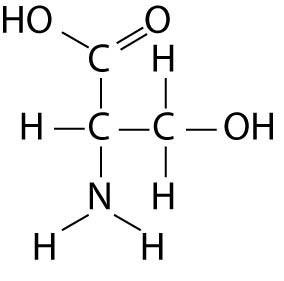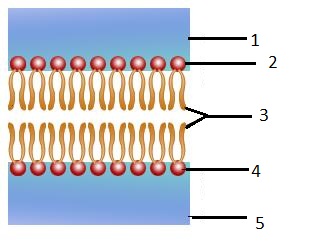The three domains of life include:
What is archaea, bacteria, and eukarya?
This bond involves the unequal sharing of electrons between two atoms.
What is a polar covalent bond?
A fat that contains at least one carbon to carbon double bond.
What is an unsaturated fat?
This organelle is covered in ribosomes and is connected to the nuclear envelope.
What is the rough ER?
Which molecule is a steroid?
/sucrose-56a12b725f9b58b7d0bcb643.jpg)
:max_bytes(150000):strip_icc()/aldosterone-56a129883df78cf77267fc6b.jpg)
What is the molecule on the right?
Prokaryotic cells lack:
What is a membrane bound nucleus?
Different isotopes of an element will have a different number of:
What is the number of neutrons?
The identity of an amino acid is determined by:
What is the R group?
The 4 components that all cells have:
What is DNA, cell membrane, ribosomes, and cytoplasm?
These are the three important types of fibers that make up the cytoskeleton:
What are microtubules, actin filaments, and intermediate filaments?
List four of eight characteristics of life:
What is reproduction, cells, response, energy utilization, growth and development, DNA, evolutionary adaptation, and homeostasis?
An ion has 13 protons, 15 neutrons, and 15 electrons, what is its charge?
What is -2?
Define dehydration reaction:
This organelle contains digestive enzymes that break down food, bacteria, and damaged organelles.
What is the lysosome?
Describe the type of reaction that is shown below:

What is a hydrolysis reaction?
List the levels of hierarchical organization starting from the most broad:
What is biosphere, ecosystem, community, population, organism, organ, tissue, cell, molecule, atom?
The 4 most important elements in biology are:
What is Carbon, Oxygen, Hydrogen and Nitrogen?
The building blocks of proteins:
What are amino acids?
This organelle is where cellular respiration takes place:
What is the mitochondria?

Name the functional groups in this molecule:
What is hydroxyl, carboxyl, and amino?
List the four kingdoms of the domain Eukarya:
What is protista, fungi, plants and animals?
What is a bond that involves the transfer of electrons from one atom to another and the attraction of oppositely charged ions?
Nucleotides consist of the following 3 parts:
What are the phosphate functional group, pentose sugar, and nitrogenous base?
This term describes the plasma membrane's ability to let some things into the cell and not others.
What is semi-permeable?
Name the type of fat that makes up this bilayer:

What is a phospholipid?